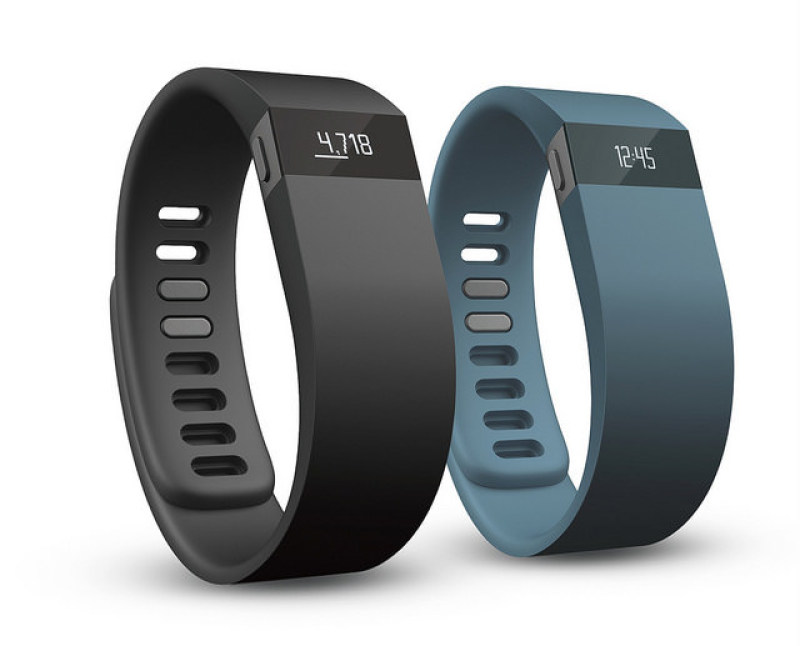
A group of Fitbit users have filed a class-action lawsuit against the California-based tech firm due to the inaccurate data produced by its PurePulse heart rate monitors.
According to the plaintiffs, the company falsely advertised the features of its Fitbit Charge HR and Surge wearable devices, CNET reported.
The lawsuit noted that the devices' fitness feature significantly underestimated their actual heart rates. One of the complainants, Colorado native Teresa Black, said she noticed the inaccurate readings of the PurePulse Trackers during a session with her personal trainer earlier in June of 2015.
She said that while she was exercising, her tracker indicated that she only had a heart rate of 82 beats per minute, which is within the average range while resting. However, after her personal trainer manually measured her heart rate, Black was surprised to learn that it was actually 160 bpm, according to CBS News.
Another user, 37-year-old Kate McLellan from San Diego, reported a similar experience while exercising. She said the Fitbit device she was using at that time recorded a rate of 114 bpm, when it was actually 155.
Many of the complainants, who also went through the same experience, said that the inaccurate readings of the Fitbit devices could have serious effects on their health while working out.
"Plaintiff Black was approaching the maximum recommended heart rate for her age, and if she had continued to rely on her inaccurate PurePlus Tracker, she may well have exceeded it, thereby jeopardizing her health and safety," the lawsuit stated.
Due to the underestimated readings of the Fitbit Charge HR and Surge models, which retail for $150 and $250 respectively, the plaintiffs are asking the company to agree on a monetary settlement. However, it is not yet clear how much the complainants are asking for.
Fitbit, on the other hand, defended its products and said that it is willing to face the complainants in court.
"We do not believe this case has merit," the company said according to NY Daily News. "Fitbit stands behind our heart rate technology and strongly disagrees with the statements made in the complaint and plans to vigorously defend the lawsuit."
Although the company said that its devices track important data regarding the users' health, these should not be used for medical or scientific purposes.
"It's also important to note that Fitbit trackers are designed to provide meaningful data to our users to help them reach their health and fitness goals, and are not intended to be scientific or medical devices," the company said.

















